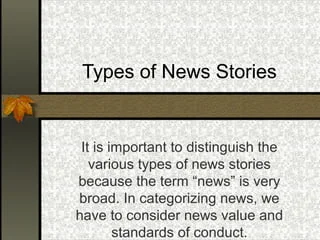One of the biggest decisions a small business must make is investing in the right software solution. Technology is an essential asset for businesses of all sizes. It depends on daily activities. Leveraging technology is becoming increasingly important for small businesses in today’s competitive business environment. Specifically, before using software solutions to increase productivity and reduce operating costs, startups must first purchase or acquire suitable software solutions to meet their business needs. This work certainly takes time and effort. But don’t drive your car into the wall.
Improve the budget
As a small business, your first concerns are normal. You need to decide how much of your total budget you want to spend on software. Can you pay in one lump sum or do you prefer to pay monthly? Once you set your budget, you can explore funding sources and payment options.
Express your needs
Business problem-solving starts with identifying requirements. What value can a particular software solution bring to your business? Which software is best for your job? But does it matter at all? Here are some resolutions. A small trucking business may have different software needs than a content marketing startup. You can set priorities, review your current practices and hopefully implement them in the future. and create a list of key requirements. This process identifies key business areas where software solutions are applicable.
Consider typical business units that require software for day-to-day operations.
Bookkeeping: Bookkeeping and bookkeeping is a full-time jobs. You should have a software product to help you! Remember, tracking your small business finances is efficient and important. If you need a centralized accounting and bookkeeping system that can quickly access tax or expense information. Good quality accounting software is the way to go.
Desktop accounting software for small businesses
1. Account Edge Pro 2012
History, is full of features, ease to use, and a good choice for many support users.
Cons: Unsuitable for importing data from other programs.
2. Intuit QuickBooks 2012
Story: A great option for tracking newborns, easy to set up, and allows calendar viewing ing, sharing with custom identification settings.
Cons: Lacks inventory functionality. The limited user supports
Some Online and SaaS (Software as a Service) account options
1. A new book
History: Assists with documentation and project management and provides some additional services.
Pros: Very little online support. Can be expensive for many users ($149/month free)
2. It is open.
History: Free, easy-to-use interface.
Pros: It does not support electronic tax filing or government tax audits.
3. Escape
History, free (up to 20 records per month), nice interface.
Pros: No tracking or US shipping.
Inventory Management: Fulfilling orders efficiently and promptly can be the difference between winning and losing customers. You need the help of the best property management software. This helps you track and manage your assets. Manage orders, sales, purchases, and deliveries.
free inventory management software;
1. A servant
Pros: Easy to create an inventory database. Create inventory reports for better customer service
Pros: No less than a small business.
2. Inventory of goods.
The story is easy to use and great for linking inventory to sales and purchases.
Pros: Creating custom documents isn’t as easy as you think.
E-commerce Software: If you are a B2B or B2C eCommerce business, you can invest in a software application that allows you to sell gifts and conduct business online. Real-world order models can make online shopping easier.



